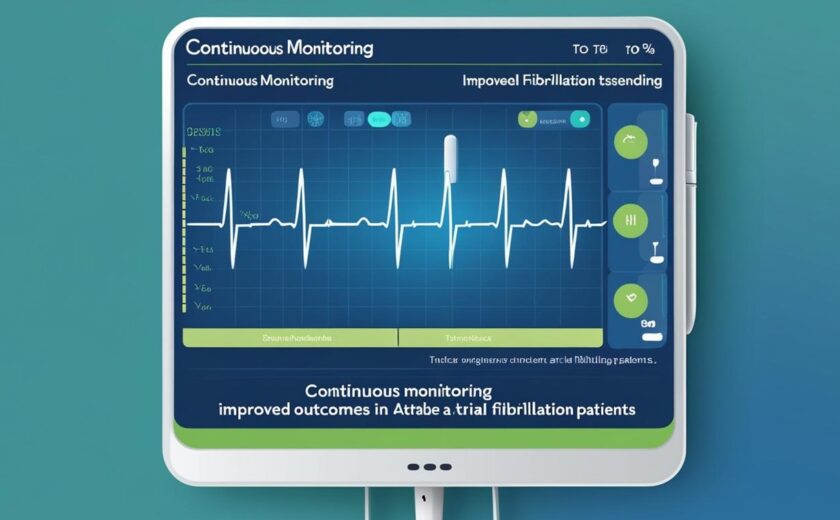Monitor AF trial revealed that patients with atrial fibrillation who received continuous cardiac monitoring had significantly better outcomes compared to those receiving routine monitoring. The patients had higher freedom from atrial fibrillation at 12 months, lower rates of antiarrhythmic drug and oral anticoagulant usage and reduced rates of stroke and major bleeding.
Management of atrial fibrillation (AF) is often complex and dynamic. Clinical decisions related to initiation of rate control, rhythm control strategies, stroke prophylaxis measures depend on the assessment of the presence and the burden of AF. Assessment of therapy outcomes and withdrawl of drugs and anticoagulation are guided by AF monitoring. Implantable cardiac monitors (ICM) are excellent tools to detect and monitor AF burden in a dynamic fashion. We prospectively studied if the presence of an ICM impacts the management of AF and there by clinical outcomes.
A total of 2458 patients were enrolled in the study (ICM group – 1152, Non-ICM group-1306). There was no significant difference in the demographics or other baseline data. (Mean age 73±12 vs 74±10, p=0.78; Males 65±5 vs 62±6, p=0.56; Paroxysmal AF 68±5 vs 65±6, p=0.34). During a mean follow up of 24 months – median time to AAD start (36 vs 46 days), Time to first ablation ( 5 vs 14 months), No. of external monitors used (0 vs 4) and time to redo ablation (73 vs 165 days) were significantly better in the ICM than the Non-ICM group.
The claims represent the coding that providers used to document the care they provided to their patients and the follow-up paths those same patients followed. The only claims included in the analysis were for patients who had not had previous cardiac monitoring, resulting in a balanced and comprehensive comparison of retest and healthcare resource utilization.



